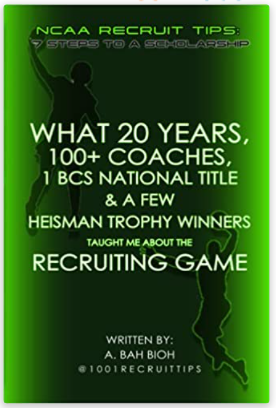A: None, other than not spending all four years at an NCAA campus and coming in as a freshman with your signing class.
I’ve worked with several players who began their playing career at a Junior College, and several who went on to play professionally. And, most programs and coaches put quality time into scouting and recruiting Junior College players so it’s definitely an option to look into if you aren’t happy with where recruiting is going as a high school senior.
Many players must start at a Junior College in order to improve their academics to meet college requirements, to physically get bigger/stronger/faster, to grow up and show more maturity. All players mature physically and emotionally at different rates. Other players go through personal and family issues that sidetrack them and interfere with high school performances both academically and athletically, and just need a year at a JuCo to get their lives in order.
Going to a JuCo offers you the opportunity to basically re-do the high school recruiting process and that route is easier and less restrictive than enrolling at a four-year institution and transferring from university to university.
Like the NCAA, Junior Colleges vary from school to school with how much scholarship money they are able to offer. Some programs offer full scholarships and others are only able to offer partial scholarships or none, check around to find the best opportunity for you athletically and financially.
Again—coaches are evaluating strength of schedule and the level of competition. Try to find the best team and competition that you can find on the JuCo level that will be a stepping stone to an NCAA program.





